 Ben is Professor for Empirical Business Research at WU Vienna (Vienna University of Economics and Business), Head of the WU Institute for Markets and Strategy, and Director of the WU Competence Center for Experimental Research. He obtained his PhD from the University of Cologne in 2006. From 2006 to 2008, Ben was the CLER Postdoctoral Research Fellow at Harvard Business School, and from 2008 to 2016 first Lecturer, then Senior Lecturer and Associate Professor at the School of Economics at the University of New South Wales in Sydney, Australia. Ben works in experimental and behavioral economics, with research topics in bargaining, trust, market design, group decision behavior, and political economy.
Ben is Professor for Empirical Business Research at WU Vienna (Vienna University of Economics and Business), Head of the WU Institute for Markets and Strategy, and Director of the WU Competence Center for Experimental Research. He obtained his PhD from the University of Cologne in 2006. From 2006 to 2008, Ben was the CLER Postdoctoral Research Fellow at Harvard Business School, and from 2008 to 2016 first Lecturer, then Senior Lecturer and Associate Professor at the School of Economics at the University of New South Wales in Sydney, Australia. Ben works in experimental and behavioral economics, with research topics in bargaining, trust, market design, group decision behavior, and political economy.
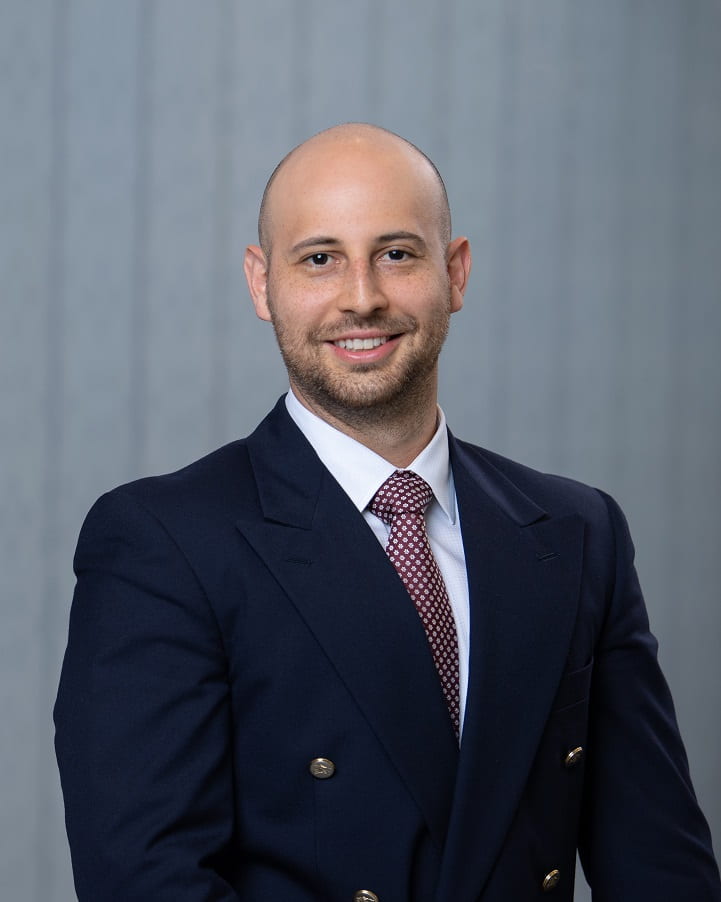 Andrzej Baranski is assistant professor of economics at NYU Abu Dhabi. His work mainly focuses on studying collective decision making using both theoretical and experimental methodologies. He is particularly interested in understanding how shared norms of fairness may allow groups to solve problems of collective action.
Andrzej Baranski is assistant professor of economics at NYU Abu Dhabi. His work mainly focuses on studying collective decision making using both theoretical and experimental methodologies. He is particularly interested in understanding how shared norms of fairness may allow groups to solve problems of collective action.  Andrzej Baranski is assistant professor of economics at NYU Abu Dhabi. His work mainly focuses on studying collective decision making using both theoretical and experimental methodologies. He is particularly interested in understanding how shared norms of fairness may allow groups to solve problems of collective action.
Andrzej Baranski is assistant professor of economics at NYU Abu Dhabi. His work mainly focuses on studying collective decision making using both theoretical and experimental methodologies. He is particularly interested in understanding how shared norms of fairness may allow groups to solve problems of collective action. 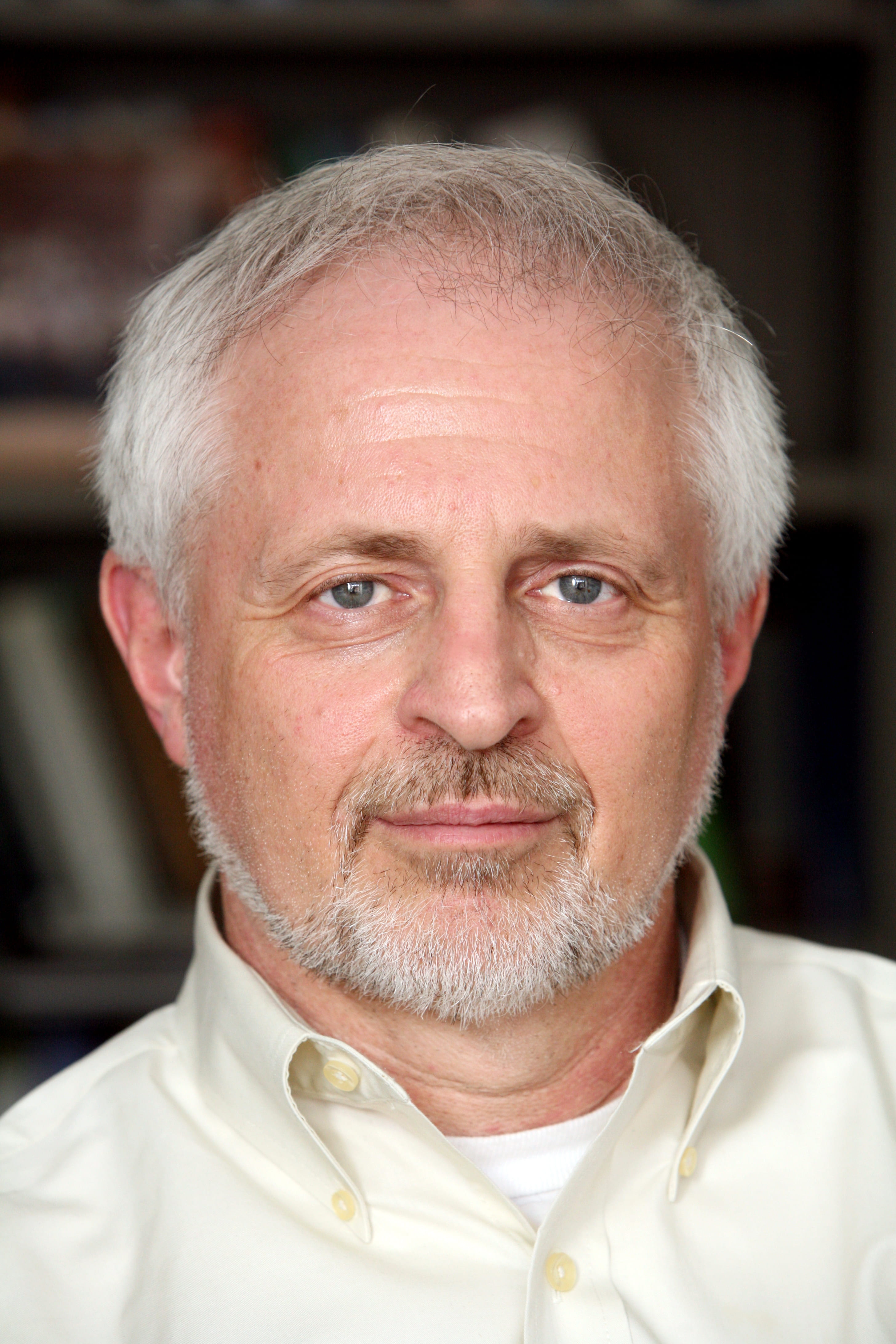 This talk is motivated by, and relies on data from, recent large-scale geopolitical forecasting tournaments (Mellers et al., 2014). Two key results of the tournaments are (1) the possibility to identify reliably expertise (Budescu & Chen, 2015; Chen et al, 2016) of individual forecasters and leverage it to improve the accuracy of the forecasts through efficient aggregation of relatively small crowds of “selected” forecasters (Mannes et al. 2014), and (2) the surprising success of small collaborative teams. This “teaming effect” is particularly intriguing because it seems to contradict the “wisdom of the crowd” hypothesis that emphasizes the importance of independence among forecasters. We discuss both results with special attention to the “teaming effect” which we attribute to the hybrid approach implemented, which allowed forecasters to share information electronically and asynchronously, but required them to provide forecasts individually, for a statistical aggregation procedure. This hybrid approach benefits from the strengths of Computer Mediated Communication (CMC) and Statistical Aggregation.
This talk is motivated by, and relies on data from, recent large-scale geopolitical forecasting tournaments (Mellers et al., 2014). Two key results of the tournaments are (1) the possibility to identify reliably expertise (Budescu & Chen, 2015; Chen et al, 2016) of individual forecasters and leverage it to improve the accuracy of the forecasts through efficient aggregation of relatively small crowds of “selected” forecasters (Mannes et al. 2014), and (2) the surprising success of small collaborative teams. This “teaming effect” is particularly intriguing because it seems to contradict the “wisdom of the crowd” hypothesis that emphasizes the importance of independence among forecasters. We discuss both results with special attention to the “teaming effect” which we attribute to the hybrid approach implemented, which allowed forecasters to share information electronically and asynchronously, but required them to provide forecasts individually, for a statistical aggregation procedure. This hybrid approach benefits from the strengths of Computer Mediated Communication (CMC) and Statistical Aggregation. Ben is Professor for Empirical Business Research at WU Vienna (Vienna University of Economics and Business), Head of the WU Institute for Markets and Strategy, and Director of the WU Competence Center for Experimental Research. He obtained his PhD from the University of Cologne in 2006. From 2006 to 2008, Ben was the CLER Postdoctoral Research Fellow at Harvard Business School, and from 2008 to 2016 first Lecturer, then Senior Lecturer and Associate Professor at the School of Economics at the University of New South Wales in Sydney, Australia. Ben works in experimental and behavioral economics, with research topics in bargaining, trust, market design, group decision behavior, and political economy.
Ben is Professor for Empirical Business Research at WU Vienna (Vienna University of Economics and Business), Head of the WU Institute for Markets and Strategy, and Director of the WU Competence Center for Experimental Research. He obtained his PhD from the University of Cologne in 2006. From 2006 to 2008, Ben was the CLER Postdoctoral Research Fellow at Harvard Business School, and from 2008 to 2016 first Lecturer, then Senior Lecturer and Associate Professor at the School of Economics at the University of New South Wales in Sydney, Australia. Ben works in experimental and behavioral economics, with research topics in bargaining, trust, market design, group decision behavior, and political economy.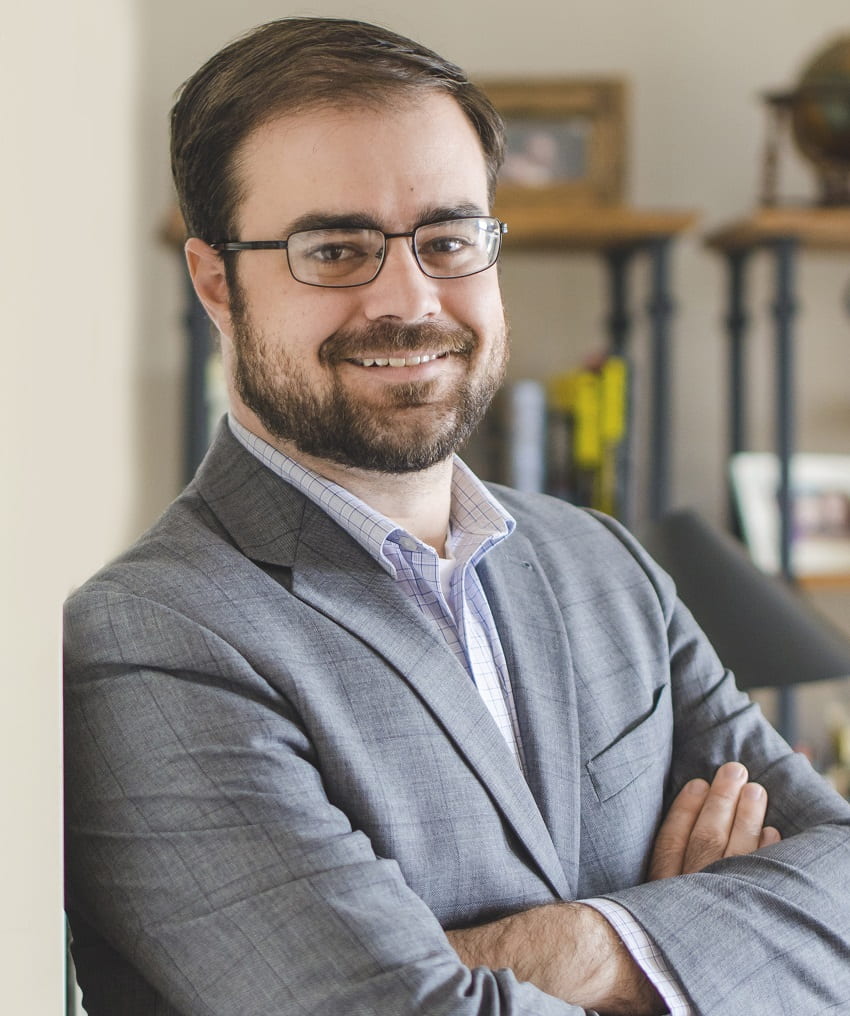 A growing body of evidence suggests that decision-makers fail to account for correlation in signals that they receive. We study the relevance of this mistake in students’ interactions with school- choice matching mechanisms. In a lab experiment presenting simple and incentivized school-choice scenarios, we find that subjects tend to follow optimal application strategies when schools’ admissions decisions are determined independently. However, when schools rely on a common priority — inducing correlation in their decisions — decision making suffers: application strategies become substantially more aggressive and fail to include attractive “safety” options. We document that this pattern holds even within-subject, with significant fractions of participants applying to different programs in mathematically equivalent situations that differ only by the presence of correlation. We provide a battery of tests suggesting that this phenomenon is at least partially driven by correlation neglect, and we discuss implications that arise for the design and deployment of student-to-school matching mechanisms.
A growing body of evidence suggests that decision-makers fail to account for correlation in signals that they receive. We study the relevance of this mistake in students’ interactions with school- choice matching mechanisms. In a lab experiment presenting simple and incentivized school-choice scenarios, we find that subjects tend to follow optimal application strategies when schools’ admissions decisions are determined independently. However, when schools rely on a common priority — inducing correlation in their decisions — decision making suffers: application strategies become substantially more aggressive and fail to include attractive “safety” options. We document that this pattern holds even within-subject, with significant fractions of participants applying to different programs in mathematically equivalent situations that differ only by the presence of correlation. We provide a battery of tests suggesting that this phenomenon is at least partially driven by correlation neglect, and we discuss implications that arise for the design and deployment of student-to-school matching mechanisms. 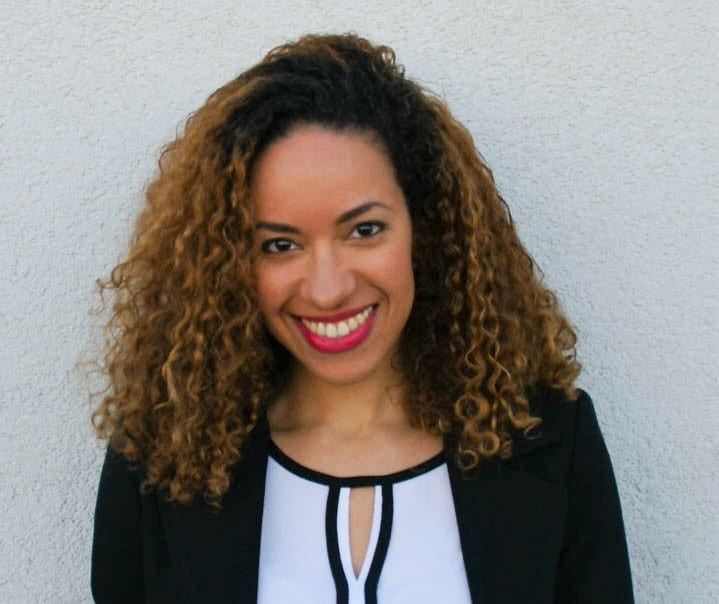 We compare two equivalent variants of an experimental common value auction: In one more-standard auction format, uncertainty about the common-value item is defined over outcomes, while in another format–a so-called common-probability auction–uncertainty is defined over probabilities. In contrast to the substantial overbidding found in common-value auctions, bidding behavior in common-probability auctions is consistent with risk-neutral Nash equilibrium bids and even exhibits slight underbidding.
We compare two equivalent variants of an experimental common value auction: In one more-standard auction format, uncertainty about the common-value item is defined over outcomes, while in another format–a so-called common-probability auction–uncertainty is defined over probabilities. In contrast to the substantial overbidding found in common-value auctions, bidding behavior in common-probability auctions is consistent with risk-neutral Nash equilibrium bids and even exhibits slight underbidding.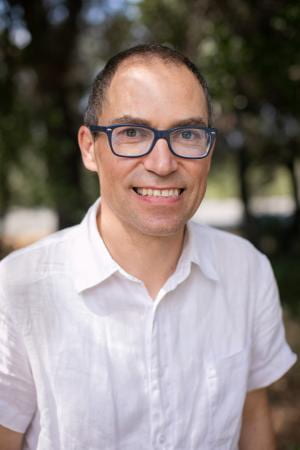 Marco Casari has earned a Ph.D. California Institute of Technology and held positions at Ohio State University, the Autonoma University in Barcelona, and Purdue University. His research is about the foundations of cooperation in societies from both institutional and behavioral perspectives. His recent projects employ laboratory experiments to study cooperation in global climate change, the emergence of money as a medium of exchange, the regional divides in terms of civicness, and cooperation in continuous time. He is the Director of the Bologna Laboratory for Experiments in the Social Sciences. He has received an ERC Starting Grant to study cooperation among strangers and financial support from other public and private institutions. Publications have appeared among others in Econometrica, the American Economic Review, and the Proceeding of the National Academy of Sciences of the United States.
Marco Casari has earned a Ph.D. California Institute of Technology and held positions at Ohio State University, the Autonoma University in Barcelona, and Purdue University. His research is about the foundations of cooperation in societies from both institutional and behavioral perspectives. His recent projects employ laboratory experiments to study cooperation in global climate change, the emergence of money as a medium of exchange, the regional divides in terms of civicness, and cooperation in continuous time. He is the Director of the Bologna Laboratory for Experiments in the Social Sciences. He has received an ERC Starting Grant to study cooperation among strangers and financial support from other public and private institutions. Publications have appeared among others in Econometrica, the American Economic Review, and the Proceeding of the National Academy of Sciences of the United States. Karl Schlag is a professor in economics at the University of Vienna. He did his Ph.D. at Northwestern University, has previously held positions at University of Bonn, European University Institute and Universitat Pompeu Fabra, and has supervised over 35 Ph.D. students. As a researcher, Karl Schlag is interested in everything that does not have a prior, from evolution over econometrics to strategic decision making. His most noted paper is one on how to imitate which also has been applied to fish. He is among the first to design tests for comparing means and for running regressions without distributional assumptions, tests that are correct infinite
Karl Schlag is a professor in economics at the University of Vienna. He did his Ph.D. at Northwestern University, has previously held positions at University of Bonn, European University Institute and Universitat Pompeu Fabra, and has supervised over 35 Ph.D. students. As a researcher, Karl Schlag is interested in everything that does not have a prior, from evolution over econometrics to strategic decision making. His most noted paper is one on how to imitate which also has been applied to fish. He is among the first to design tests for comparing means and for running regressions without distributional assumptions, tests that are correct infinite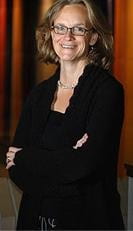 Lise Vesterlund is the Andrew W. Mellon Professor of the Department of Economics at the University of Pittsburgh and the Director of the Pittsburgh Experimental Economics Laboratory (PEEL). She is also a Research Associate with the National Bureau of Economic Research. Vesterlund works in two distinct research areas: charitable giving and gender differences in the labor market. Her work on charitable giving aims to determine why we give to charity, and on how solicitation strategies influence donations to organizations. Her research on gender sheds light on why men continue to be more successful than women in climbing the corporate ladder. She has demonstrated systematic gender differences in behavior when deciding whether to enter a competition or a negotiation or when asked to perform a non-promotable task. In uncovering the drivers of these differences her work points to mechanisms that can be put in place to secure that the best-qualified candidates are those promoted.
Lise Vesterlund is the Andrew W. Mellon Professor of the Department of Economics at the University of Pittsburgh and the Director of the Pittsburgh Experimental Economics Laboratory (PEEL). She is also a Research Associate with the National Bureau of Economic Research. Vesterlund works in two distinct research areas: charitable giving and gender differences in the labor market. Her work on charitable giving aims to determine why we give to charity, and on how solicitation strategies influence donations to organizations. Her research on gender sheds light on why men continue to be more successful than women in climbing the corporate ladder. She has demonstrated systematic gender differences in behavior when deciding whether to enter a competition or a negotiation or when asked to perform a non-promotable task. In uncovering the drivers of these differences her work points to mechanisms that can be put in place to secure that the best-qualified candidates are those promoted. Yoram Halevy is a Professor of Economics and Director of the
Yoram Halevy is a Professor of Economics and Director of the  Rachel Kranton is the James B. Duke Professor of Economics at Duke University. She studies how institutions and the social setting affect economic outcomes. She develops theories of networks and has introduced identity into economic thinking. This current project engages experimental research on identity and economic behavior and uncovers individual predilections to respond to group settings. She earned her Ph.D. in Economics at the University California, Berkeley and has held fellowships at the Russell Sage Foundation in New York and the Institute for Advanced Study in Princeton.
Rachel Kranton is the James B. Duke Professor of Economics at Duke University. She studies how institutions and the social setting affect economic outcomes. She develops theories of networks and has introduced identity into economic thinking. This current project engages experimental research on identity and economic behavior and uncovers individual predilections to respond to group settings. She earned her Ph.D. in Economics at the University California, Berkeley and has held fellowships at the Russell Sage Foundation in New York and the Institute for Advanced Study in Princeton.